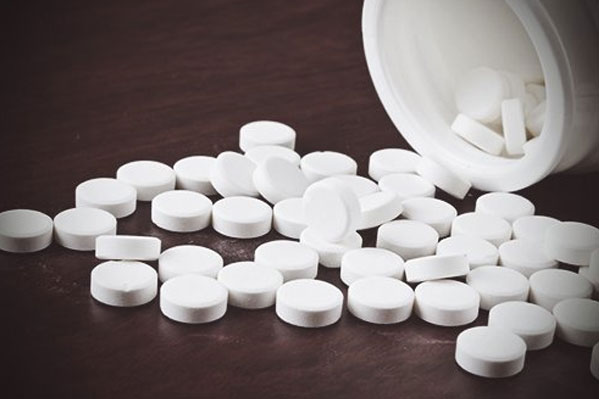
During her internship as a PharmD student at Gulf Medical University, Dr. Sahba Jalali worked with Dr. Dixon Thomas, Chair of the Department of Pharmacy Practice, College of harmacy, GMU, Dr. Padma Shetty, General Practitioner, Thumbay Hospital, Ajman and Professor Jason C. Cooper, Medical University of South Carolina, USA on a paper titled ‘Higher Regulatory Control of Tramadol to Prevent its Abuse and Dependence’ in Journal of Drug Policy Analysis. Journal of Drug Policy Analysis (JDPA) publishes peer-reviewed articles related to every aspect of the problems posed by abusable psychoactives, licit and illicit, anywhere in the world.
The article highlighted the following;
- Tramadol abuse and dependence are growing global health concerns.
- Many regulators tightened the control of tramadol in the recent past.
- History of drug abuse, imperfections in regional healthcare delivery, and lesser regulatory controls are there reasons identified to increase tramadol abuse.
Abstract: Tramadol abuse potential is not well studied. While some studies claim low abuse potential, others signal significant public health risks associated with tramadol abuse. This is a review on the abuse and dependence potential of tramadol. Tramadol was originally approved as a non-controlled drug, but there is a trend to recognize tramadol as a controlled substance by regulators in many countries. Several factors contribute to the abuse of tramadol. The leading reasons include the history of drug abuse, geographical variation, and lessened regulatory controls. Tramadol abuse can cause increases in seizures and suicidal ideations. Abusers experience withdrawal symptoms and worsening of depression. Higher regulatory control of tramadol is warranted to avoid its misuse.
Dean Dr. Sherief Khalifa congratulated the team and commented that every PharmD student should have an undergraduate research experience in at least one of the pharmacy disciplines. This research experience should result in a full research paper or a conference presentation.

